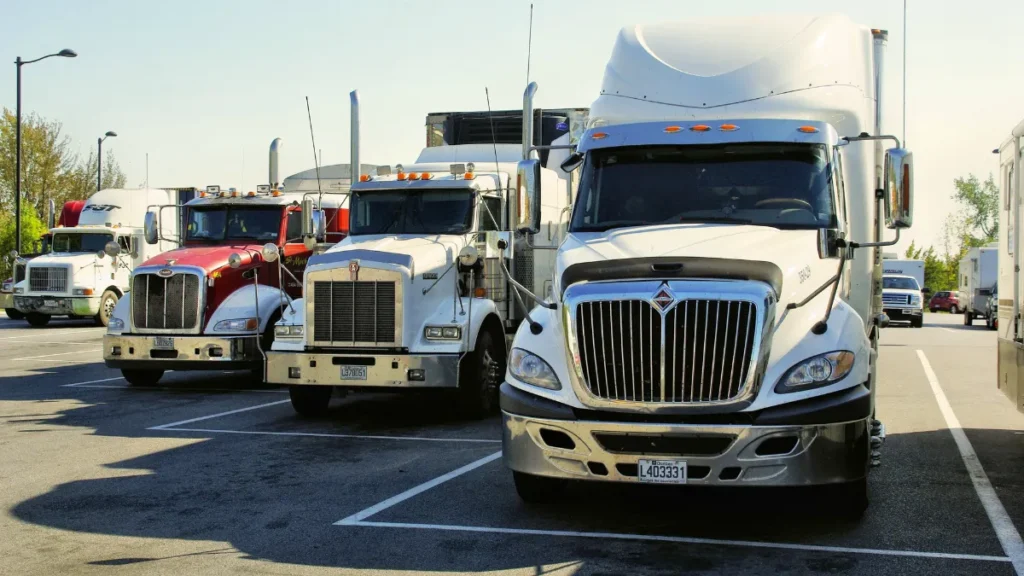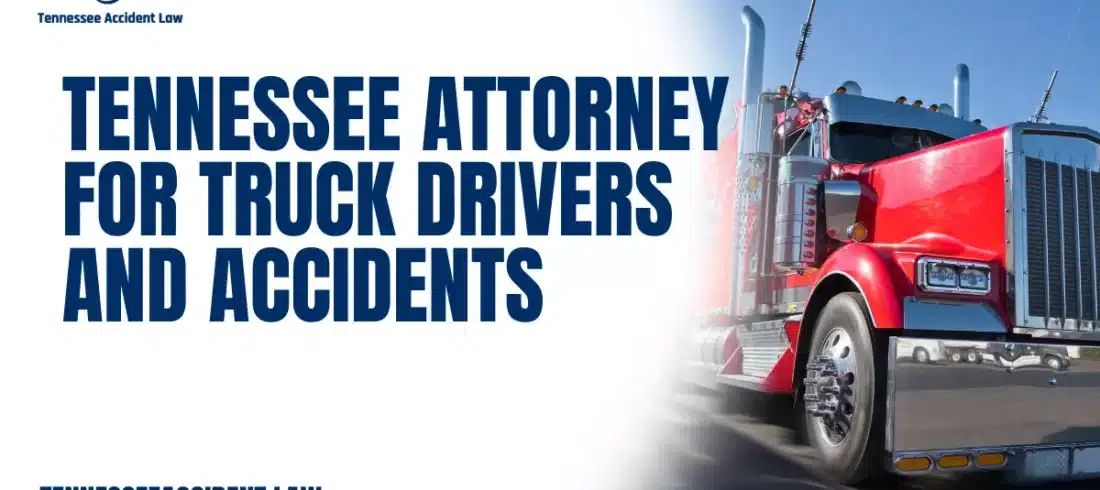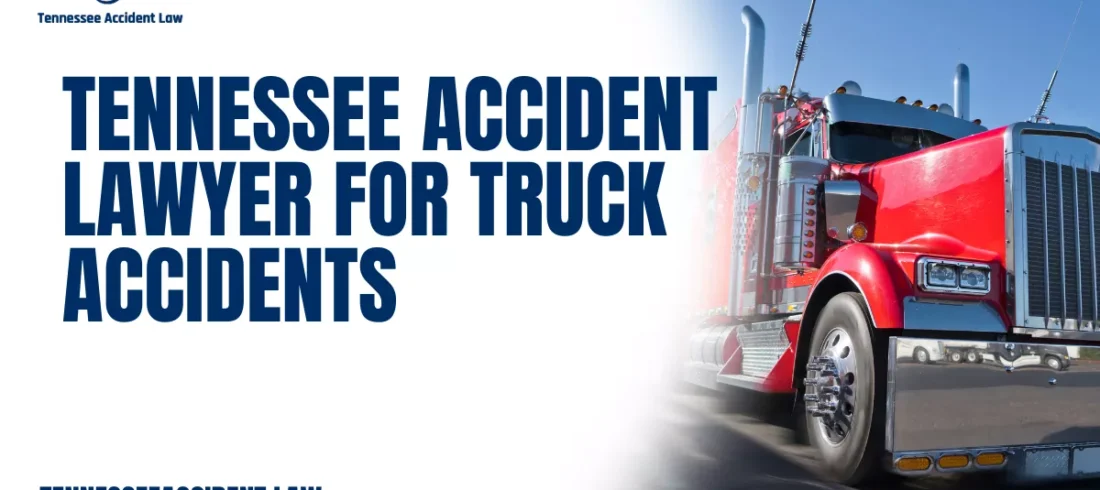
When the sun sets and darkness envelops the roads, the risks of serious collisions skyrocket—especially when large commercial trucks are involved. Night time truck accidents present unique hazards that make them particularly dangerous and complex. At Tennessee Accident Law, we understand how these accidents cause devastating injuries and profound life changes. In this comprehensive article, we explore the special risks and challenges of night time truck accidents, their common causes, the impact of weather, typical injuries, and legal hurdles victims face. We also explain why swift action is critical and how we can help you pursue justice.
Call us now at 615-212-9866 to speak with an experienced attorney about your accident case.
Why Night Time Truck Accidents Are So Dangerous
Night time truck accidents rank among the deadliest types of vehicle crashes. The combination of poor visibility, driver fatigue, and impaired judgment drastically increases the chance of catastrophic outcomes.
Reduced Visibility and Its Consequences
Limited visibility is a leading factor in night truck accidents. Large trucks have significant blind spots even in daylight, but these blind spots become more dangerous in darkness. Headlights provide limited coverage, and many roads, especially rural highways, are poorly lit or not lit at all. This often causes drivers to miss smaller vehicles, road signs, or hazards, leading to rear-end crashes, side-swipes, and jackknife accidents.
Driver Fatigue: A Silent Killer
Fatigue is an epidemic among commercial truck drivers, particularly during nighttime hours. The Federal Motor Carrier Safety Administration (FMCSA) estimates that around 13% of truck crashes involve fatigued drivers. Driving overnight disrupts natural sleep cycles, increasing drowsiness and impairing concentration. Fatigued truckers have slower reaction times and poor decision-making skills, which significantly contribute to fatal night time truck accidents.
Impaired Driving at Night
Alcohol and drug impairment is more common during late-night hours. Both truck drivers and passenger vehicle drivers may be impaired due to alcohol, prescription drugs, or illicit substances. The consequences of impaired driving at night are often deadly, especially when involving a multi-ton commercial vehicle in a head-on or high-speed collision.

Common Causes of Night Time Truck Accidents
Identifying the root causes of night time truck accidents is critical in holding the responsible parties accountable.
Inadequate Lighting and Reflective Equipment
Commercial trucks must have fully operational lighting and reflective markers. However, poorly maintained trucks with broken taillights or faded reflectors can become nearly invisible in darkness. This failure often results in other drivers being unable to judge the truck’s size or distance, leading to serious collisions.
Overloaded or Improperly Secured Cargo
Cargo that is improperly loaded or secured can shift during transit, causing instability. At night, when visibility is limited and drivers are more fatigued, the risk of jackknifing or rollover crashes increases dramatically due to sudden loss of control.
Speeding and Reckless Driving
Nighttime may tempt some drivers to speed due to lighter traffic, but speeding greatly increases the severity of crashes. A speeding truck’s momentum makes it harder to stop quickly, and crashes at higher speeds often lead to fatal outcomes.
The Impact of Weather Conditions on Night Time Truck Accidents
Adverse weather intensifies the dangers of driving at night. Rain, fog, snow, and ice exacerbate visibility problems and impair truck handling.
Rain and Wet Roads
Wet pavement reduces tire traction, increasing stopping distances and chances of hydroplaning. Headlight glare on wet surfaces further reduces visibility, making it difficult for truck drivers to maintain control, leading to skidding and rollover accidents.
Fog and Reduced Visibility
Fog severely limits sight distance, scattering light and creating disorienting “white wall” effects at night. This causes sudden braking and multi-vehicle pileups, common in night time truck accidents.
Snow, Ice, and Freezing Conditions
Winter weather creates treacherous road surfaces. Black ice, nearly invisible at night, causes trucks to slide or jackknife unexpectedly. Snow accumulation also impairs vehicle control, increasing the risk of high-impact crashes.
Injuries Commonly Sustained in Night Time Truck Accidents
The physical toll from night time truck accidents is often catastrophic due to the size and weight of commercial trucks.
- Traumatic Brain Injuries (TBI)
- Spinal Cord Injuries and Paralysis
- Internal Organ Damage and Hemorrhaging
- Severe Fractures and Limb Amputations
- Burn Injuries from Fires or Explosions
- Emotional and Psychological Trauma
These injuries usually require prolonged medical care and rehabilitation, placing enormous burdens on victims and their families.
Legal Challenges in Night Time Truck Accident Cases
Victims of night time truck accidents face a challenging legal path to compensation.
Complex Liability Issues
Determining fault requires a thorough investigation. Was the driver fatigued or impaired? Did the trucking company enforce unsafe schedules? Were vehicle maintenance standards met? At Tennessee Accident Law, we dig deep into driver logs, maintenance records, and scene evidence to establish liability.
Regulatory Violations
Federal trucking regulations exist to prevent accidents, but violations are common—especially concerning driver hours, cargo securement, and vehicle upkeep. Proving these violations strengthens your case significantly.
Aggressive Insurance Tactics
Trucking companies and insurers often minimize payouts and try to blame victims. Having an experienced legal team is essential to counter these tactics and secure fair compensation.
What To Do After a Night Time Truck Accident
Your immediate actions can greatly affect the outcome of your case:
- Call emergency services for medical aid and police reports.
- Document the scene with photos and videos if safe.
- Gather witness information.
- Avoid speaking to insurance adjusters without legal representation.
- Contact Tennessee Accident Law immediately to protect your rights.

How Tennessee Accident Law Can Help
With over two decades of experience representing victims of truck accidents, we know how to build powerful cases against large trucking companies and insurers. We:
- Conduct thorough investigations
- Retain expert witnesses
- Accurately calculate damages including medical costs and lost income
- Negotiate aggressively or litigate if needed
We represent plaintiffs exclusively, ensuring your interests come first.
Get Legal Help Now
If you or a loved one has suffered injuries in a night time truck accident, don’t delay. Evidence disappears and deadlines expire quickly. Complete our free case evaluation form or call us now at 615-212-9866 to schedule your free consultation. You pay nothing unless we win your case.
Sources
- FMCSA Large Truck Crash Causation Study – Comprehensive federal research on truck accident causes.
https://www.fmcsa.dot.gov/research-and-analysis - National Highway Traffic Safety Administration (NHTSA) – Traffic Safety Facts – Current data on truck-related crashes and night driving risks.
https://www.nhtsa.gov - Insurance Institute for Highway Safety (IIHS) – Truck Safety – Research on truck safety issues and night visibility hazards.
https://www.iihs.org


